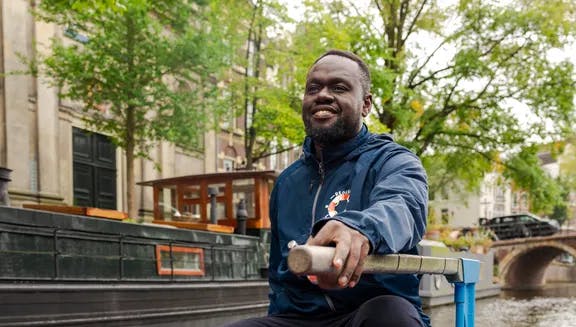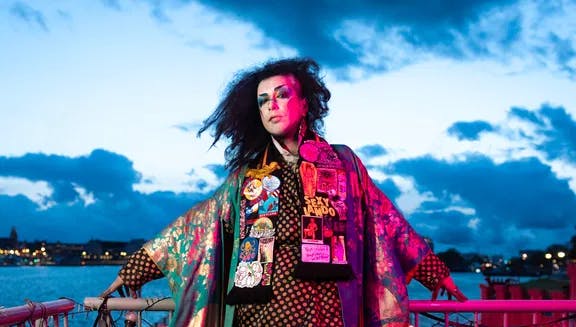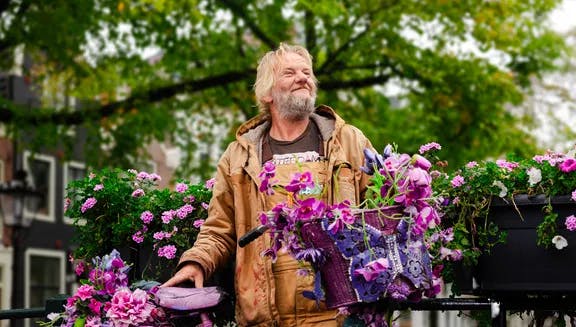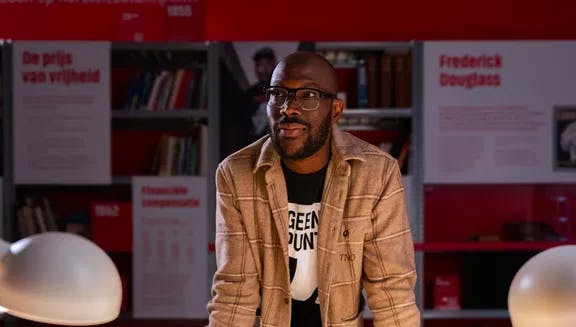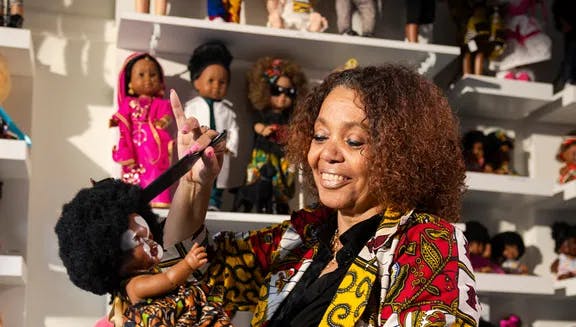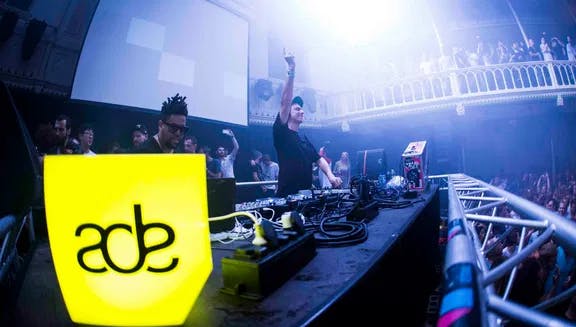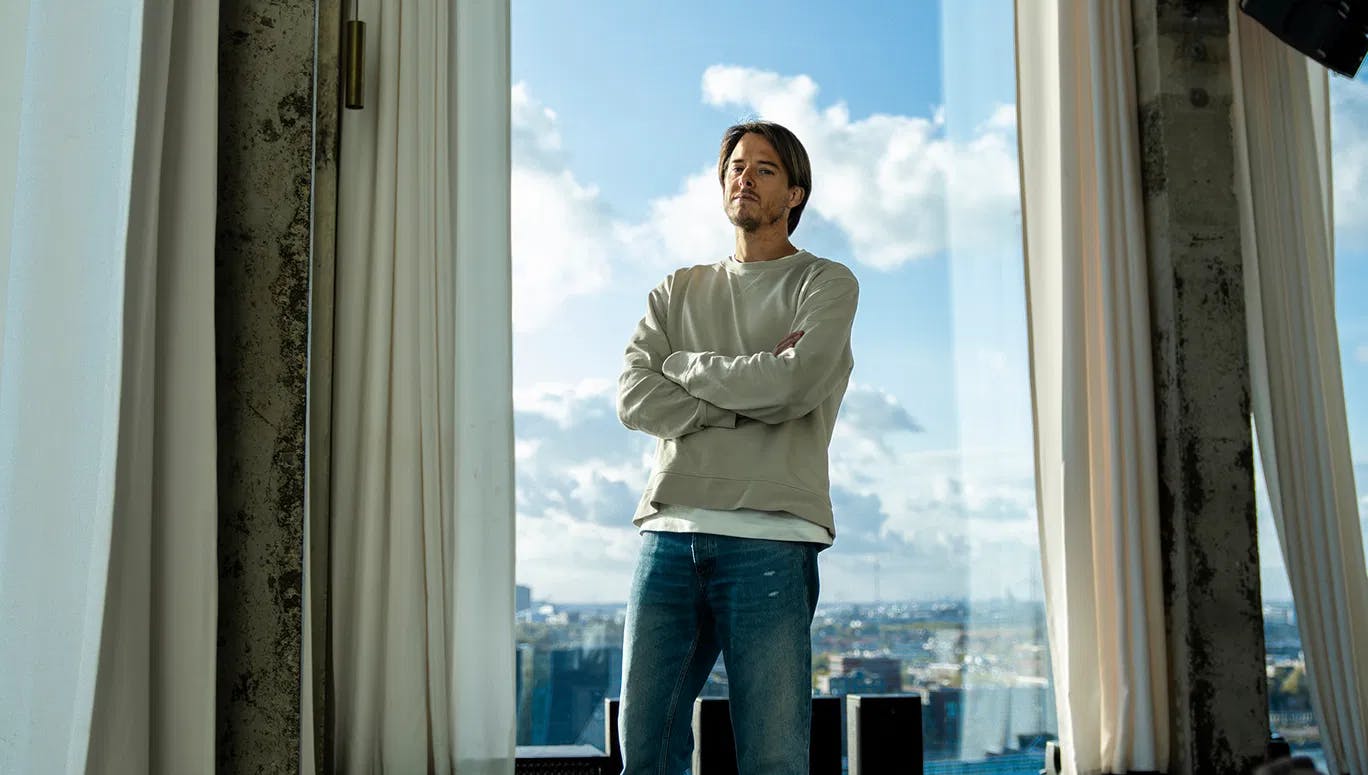
Naut - Audio Obscura
The DJ, as the composer of the 21st century, equally deserves a place in the Concertgebouw, Naut Donders believes. And where else but Amsterdam can you find a city so progressive, multifaceted and culturally advanced that a dance party in a concert hall for classical music is welcomed with open arms? 'We started Audio Obscura with a clear vision: not necessarily on what had to be different, but on what could be added. At the time, parties were mostly organised in clubs and warehouses, but why not in the big, well-known buildings?'
Raving under the Night Watch
'The huge amount of different cultural events and the diverse target audience makes Amsterdam a unique city,' Naut believes. 'I doubt you’ll find such a diverse range of tastes anywhere else. Because of the progressive nature of the city, we have been able to get things done that I don't easily see happening in other cities. We lead the way in electronic music, have the highest festival density in the world, and after a fierce lobbying effort - which admittedly took five years - we were even able to rave under De Nachtwacht (Rembrandt’s ‘The Night Watch’). That makes Amsterdam one of the best home bases I could wish for.'
Precise organisation
Why is it that Amsterdam is leading the way in the dance world? 'We have the highest level of party production worldwide because organisational abilities are in Amsterdam's DNA. Every process is detailed, and laxity is nowhere to be found. This is also due to the many regulations in Amsterdam, which, as far as I'm concerned, also has a downside.’ Naut argues that whilst strict supervision forces organisers to be precise, policy decisions should increasingly be made in line with people connected to the industry and based on well-reasoned ideas, with proposed plans tested by a committee from the field. That way, ‘the city can continue to offer optimal space for innovative ideas without compromising creativity.’
Overjoyed
Meanwhile, Naut continues his work in the city he loves so much, but also outside of it. 'Within Amsterdam, we still have plenty of new opportunities, but we also definitely have international ambitions.' Yet Amsterdam will always remain his home: 'The openness, the convivial atmosphere, the fact that everyone with his or her own ideas has a place here: that's what I like. The fact that we accept it when someone wants to cycle around in his thong, just because it makes them happy: that gets me overjoyed.' On top of this joyful creativity, Naut’s rebellious and innovative approach to public space has cemented nightlife as an integral component in Amsterdam’s cultural fabric.
